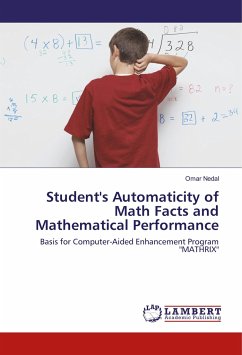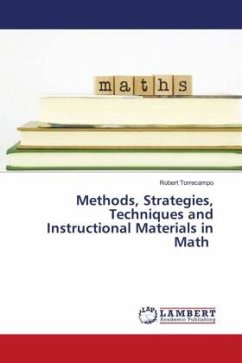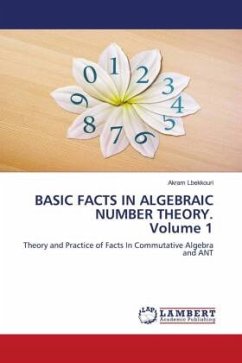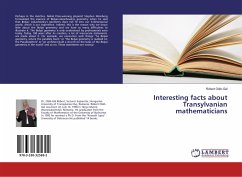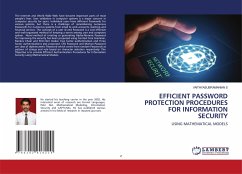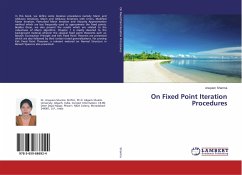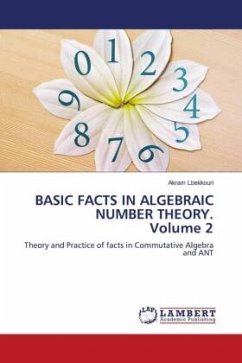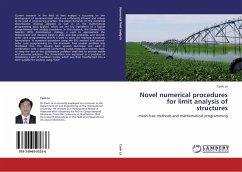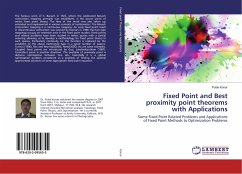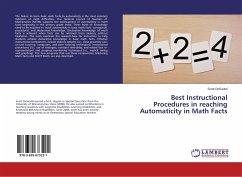
Best Instructional Procedures in reaching Automaticity in Math Facts
Versandkostenfrei!
Versandfertig in 6-10 Tagen
27,99 €
inkl. MwSt.

PAYBACK Punkte
14 °P sammeln!
The failure to learn basic math facts to automaticity is the most common indicator of math difficulties. The National Council of Teachers of Mathematics (NCTM) supports the development of automaticity in math facts beginning in the primary grade levels. Three levels of knowledge need to be acquired to reach automaticity in basic math facts -conceptual, procedural, and declarative knowledge. Declarative knowledge of math facts is achieved when facts can be retrieved from memory without hesitation. This work examines the research-base for instruction to help students achieve declarative knowledg...
The failure to learn basic math facts to automaticity is the most common indicator of math difficulties. The National Council of Teachers of Mathematics (NCTM) supports the development of automaticity in math facts beginning in the primary grade levels. Three levels of knowledge need to be acquired to reach automaticity in basic math facts -conceptual, procedural, and declarative knowledge. Declarative knowledge of math facts is achieved when facts can be retrieved from memory without hesitation. This work examines the research-base for instruction to help students achieve declarative knowledge in basic math facts. Effective instructional components include delivery systems (i.e., close proximity one-on-one tutoring, computers, and peer tutoring techniques), instructional procedures (i.e., use of strategies, constant time-delay, and missed fact re-representation) and progress monitoring techniques (i.e., explicit timing and graphing). The two programs that use these components, Mastering Math Facts and FASTT Math, are also described.



